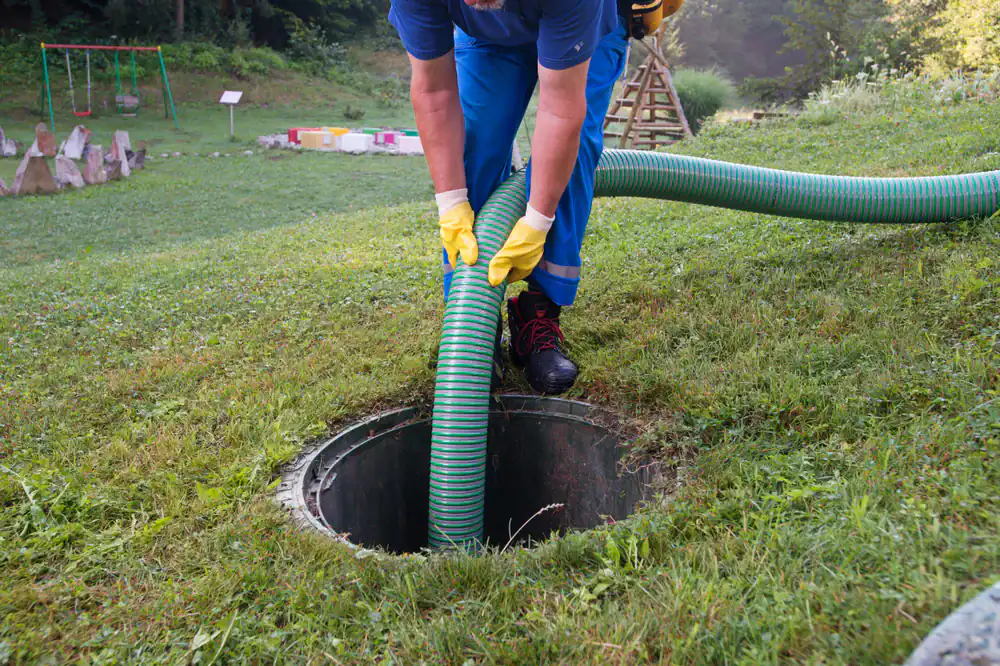
Our Reviews
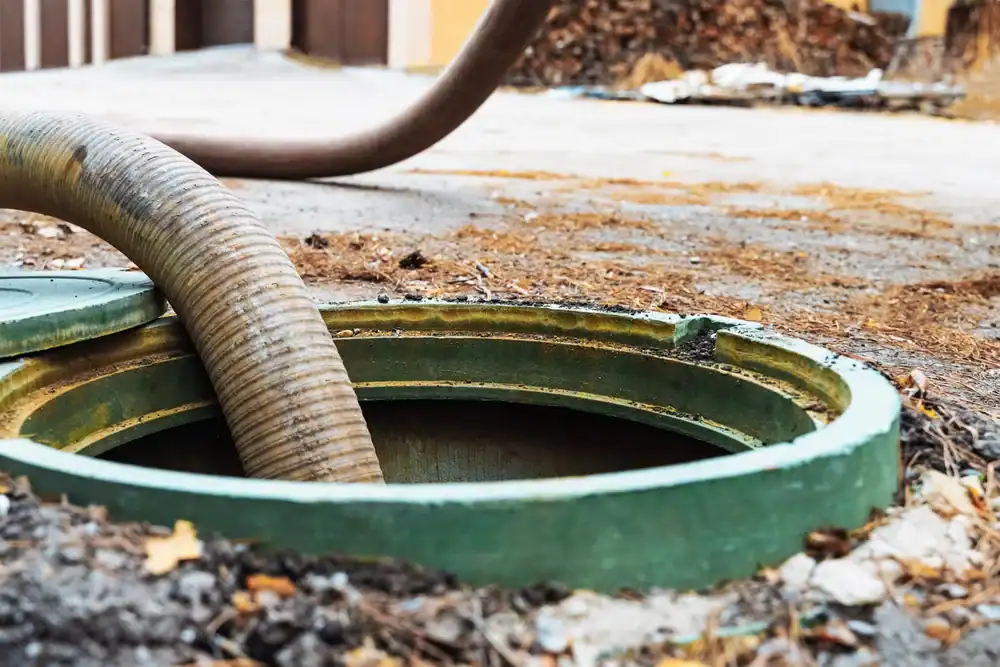
Your septic tank works around the clock, but when it’s full, everything stops working. Toilets won’t flush. Drains back up. Your yard starts smelling like a sewer. That’s when you realize how much you depend on a system you rarely think about.
Regular septic tank cleaning prevents these emergencies before they happen. When we pump your tank every 2-3 years, you avoid the panic of sewage backing up into your home. You skip the expensive drain field repairs that happen when solids overflow into your leach lines.
Most importantly, you get peace of mind knowing your septic system will keep working when you need it most. No surprises. No emergency calls at 2 AM. Just a system that quietly does its job, year after year.
All Rooter Hydro Jetting Experts Inc has been solving septic problems throughout the Chicagoland area for years. We’re not just another plumbing company that does septic work on the side. Septic systems are part of our core expertise.
Our team understands the unique challenges that Illinois homeowners face with septic systems. From clay soil conditions that affect drain fields to local regulations that require proper permitting, we know what works in this area.
We’re licensed, bonded, and insured, which means you’re protected when we’re working on your property. More importantly, we show up when we say we will and explain exactly what we’re doing so you understand what’s happening with your system.
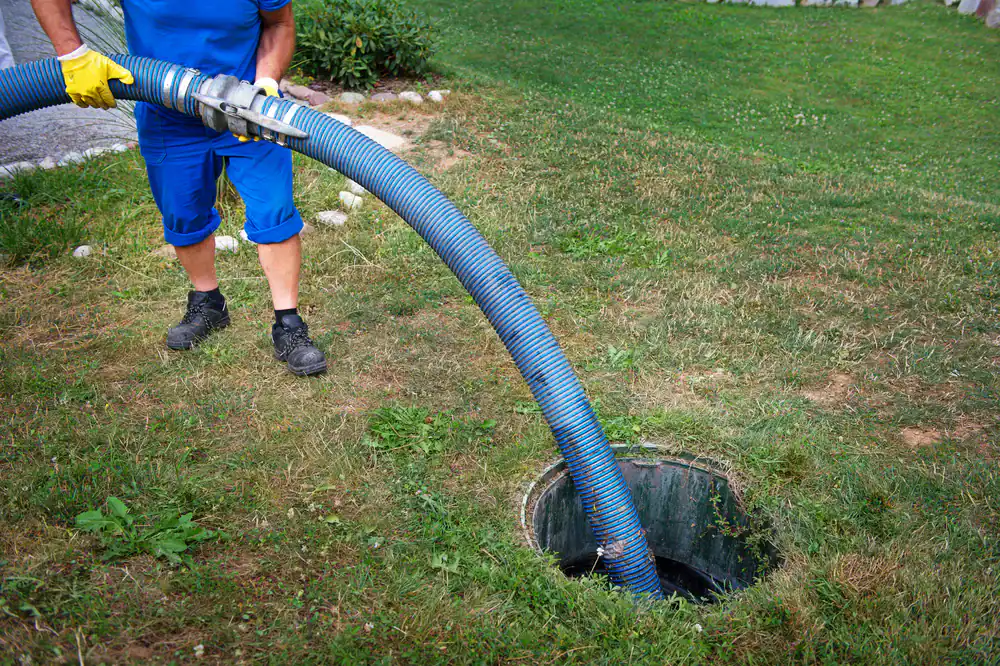
First, we assess your septic system to understand its condition and identify any existing issues. This isn’t just about pumping – it’s about making sure your entire system is functioning properly.
Next, we pump out the septic tank using professional-grade vacuum trucks with over 200 feet of hose. This means we can reach tanks that are far from the street or in difficult locations without tearing up your landscaping.
After pumping, we inspect the tank components, check baffles, and look for signs of wear or damage. We’ll tell you if anything needs attention and give you a realistic timeline for future service.
Finally, we clean up completely and provide you with documentation of the service, including tank measurements and recommendations for maintaining your system between visits.
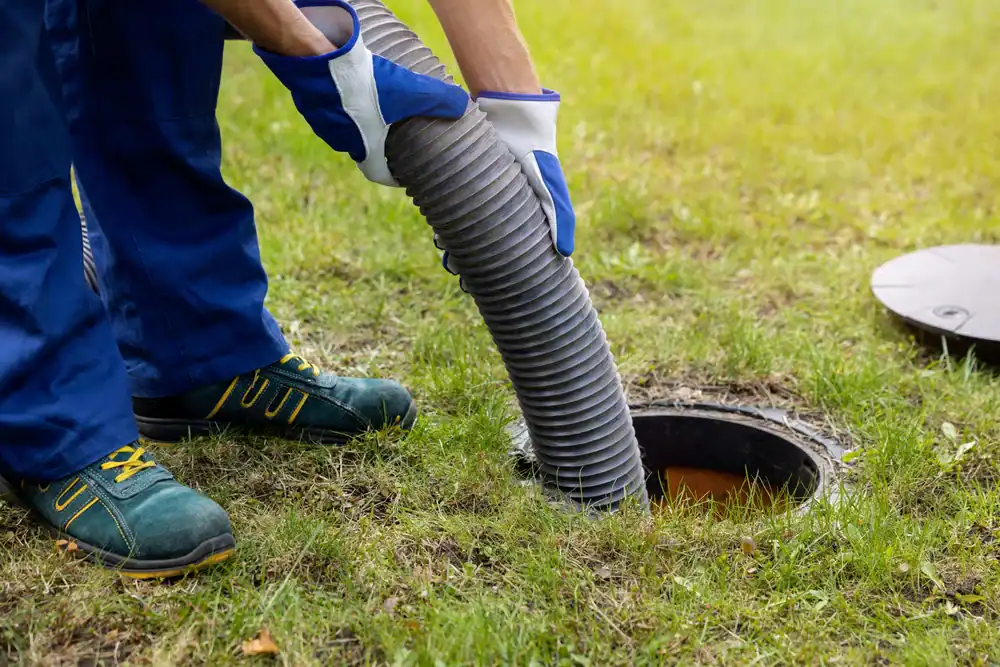
Ready to get started?
Every septic tank cleaning includes complete pumping of sludge and scum layers, thorough inspection of tank components, and detailed documentation of your system’s condition. You get a written record of tank size, depth, and location for future reference.
In Fernway Park and surrounding areas, soil conditions can affect how septic systems perform. Heavy clay soils common in Illinois can slow drainage, while areas with high water tables may require more frequent pumping. We factor these local conditions into our service recommendations.
We also check for compliance with local regulations, since Illinois requires permits for most septic repairs and modifications. If we spot potential issues, we’ll explain your options and help you understand what needs attention before small problems become expensive emergencies.
The service includes waste disposal at approved facilities, so you don’t have to worry about environmental compliance. Everything is handled professionally and according to state and local requirements.
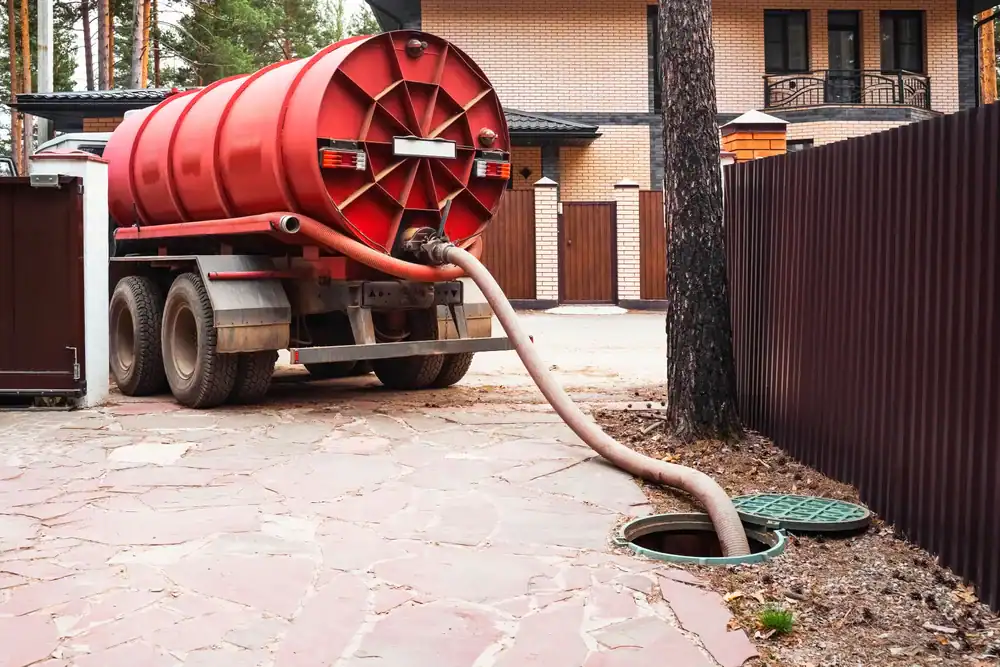
Most septic tanks in Illinois need pumping every 2-3 years, but the exact timing depends on your household size and usage patterns. Larger families or homes with garbage disposals may need more frequent service.
The Illinois EPA recommends annual inspections to check sludge and scum levels. When the bottom of the scum layer gets within 6 inches of the outlet tee, or the sludge layer reaches within 12 inches, it’s time to pump.
If you’re not sure when your tank was last serviced, it’s better to have it inspected sooner rather than wait for problems to develop. A full tank can cause expensive damage to your drain field that costs thousands to repair.
Slow-draining sinks and toilets are often the first sign your septic tank is getting full. If multiple drains are backing up at the same time, that’s a clear indicator your system needs service.
Bad odors around your septic tank or drain field area mean gases aren’t venting properly, which can happen when the tank is too full. You might also notice soggy areas in your yard over the drain field, especially after rain.
The most serious warning sign is sewage backing up into your home through floor drains or the lowest fixtures. This is a health hazard that requires immediate professional attention. Don’t wait if you see any of these symptoms – they only get worse with time.
Septic tank pumping requires specialized vacuum equipment that homeowners don’t have access to. Professional vacuum trucks can remove all the sludge and scum layers that regular pumps can’t handle.
More importantly, septic tanks contain toxic gases like hydrogen sulfide that can cause immediate unconsciousness. Professional technicians have the training and safety equipment to work around these hazards safely.
Illinois law also requires proper disposal of septic waste at approved facilities. Professionals handle all the environmental compliance and documentation, so you don’t risk fines or legal issues from improper disposal.
Septic tank pumping typically costs between $250-$895 depending on tank size and accessibility. A standard residential tank usually falls in the middle of that range, while larger tanks or difficult access locations cost more.
The cost of regular maintenance is minimal compared to emergency repairs. A complete septic system replacement can cost up to $10,000, while drain field repairs often run several thousand dollars.
Most companies provide upfront pricing before starting work, so you know exactly what you’ll pay. Be wary of unusually low prices – they often indicate shortcuts that can cause problems later or hidden fees that get added after the work starts.
When septic tanks aren’t pumped regularly, solid waste builds up and eventually overflows into the drain field. This clogs the soil’s ability to filter wastewater, causing the entire system to back up.
The most immediate problem is sewage backing up into your home through drains and toilets. This creates health hazards and can cause expensive damage to flooring, walls, and personal belongings.
Long-term neglect leads to drain field failure, which requires excavation and replacement of the entire leach field system. This is one of the most expensive home repairs you can face, often costing more than a new roof or HVAC system.
Yes, we provide emergency septic services 24/7 because septic problems don’t wait for business hours. When your system backs up, you need immediate help to prevent health hazards and property damage.
We prioritize emergency calls based on severity, with sewage backups into homes getting the fastest response. Most emergency situations can be resolved the same day, getting your system working again quickly.
Keep in mind that emergency service may cost more than scheduled maintenance, and some problems that seem like emergencies could have been prevented with regular pumping. The best approach is staying ahead of problems with routine maintenance rather than waiting for crisis situations.